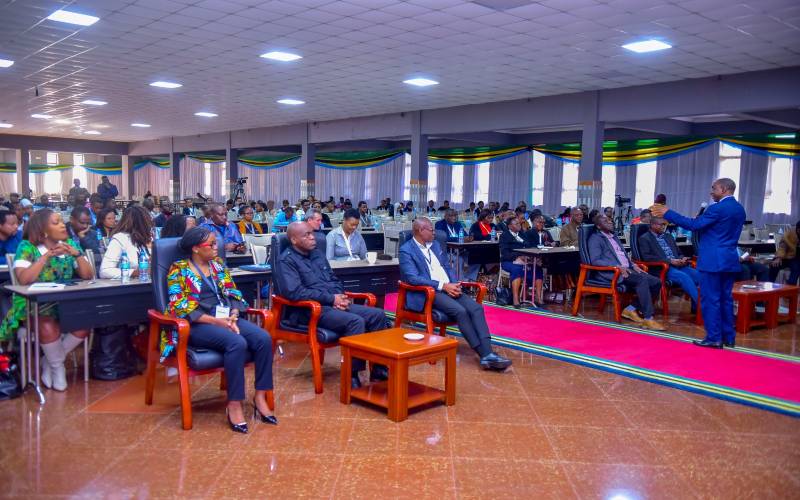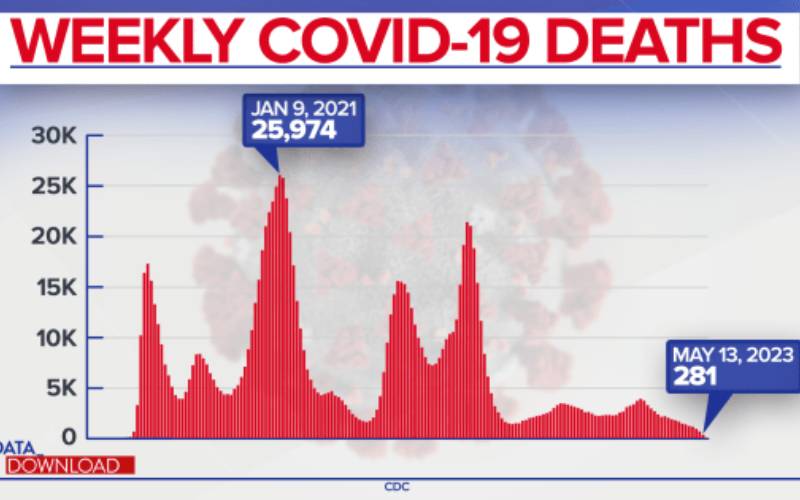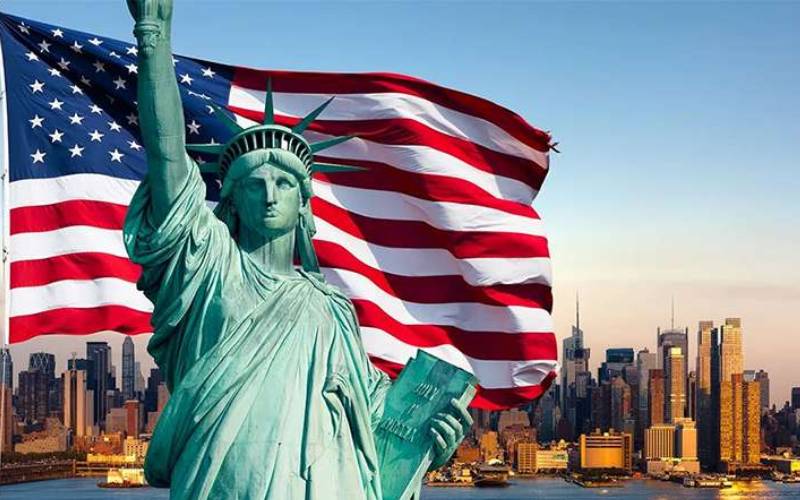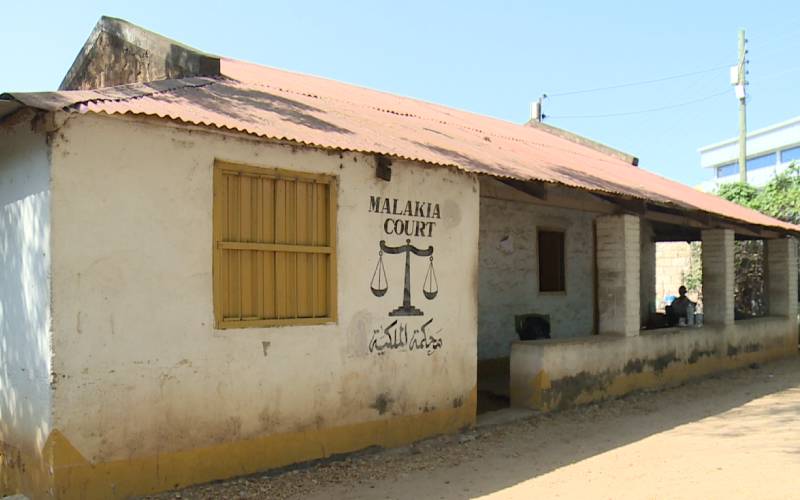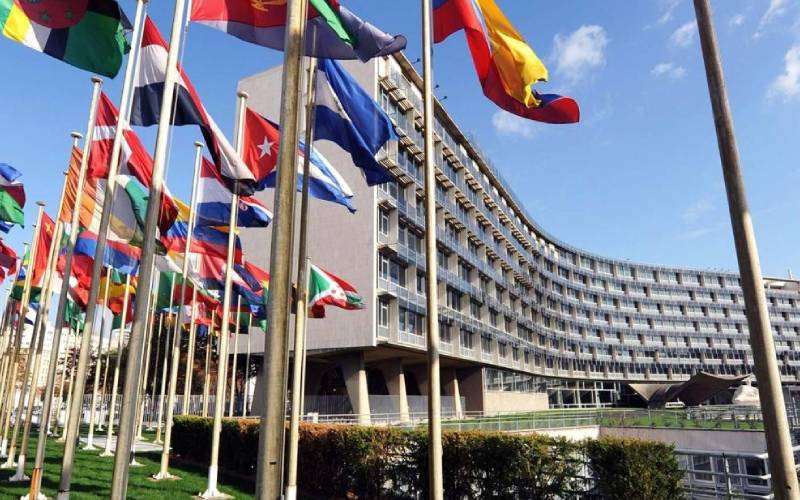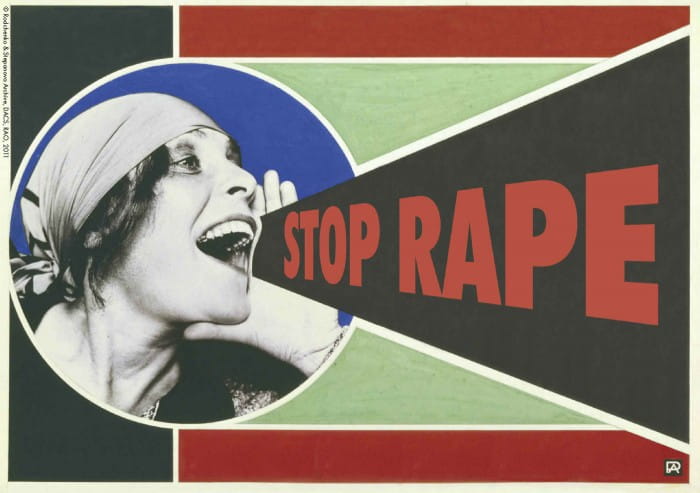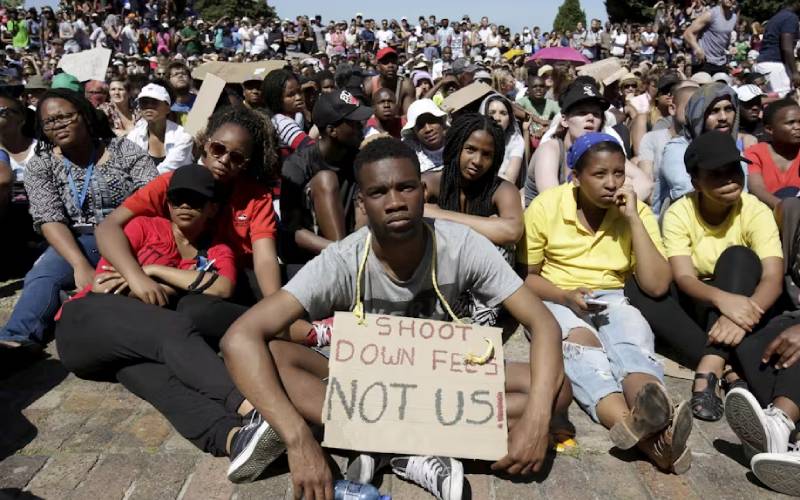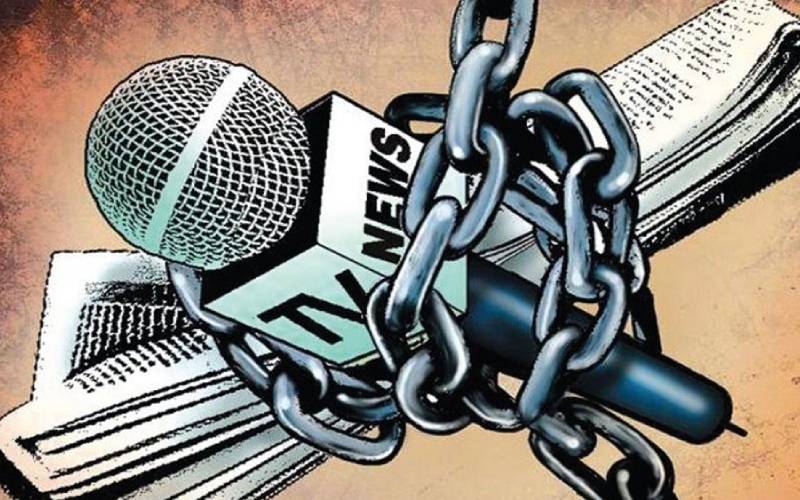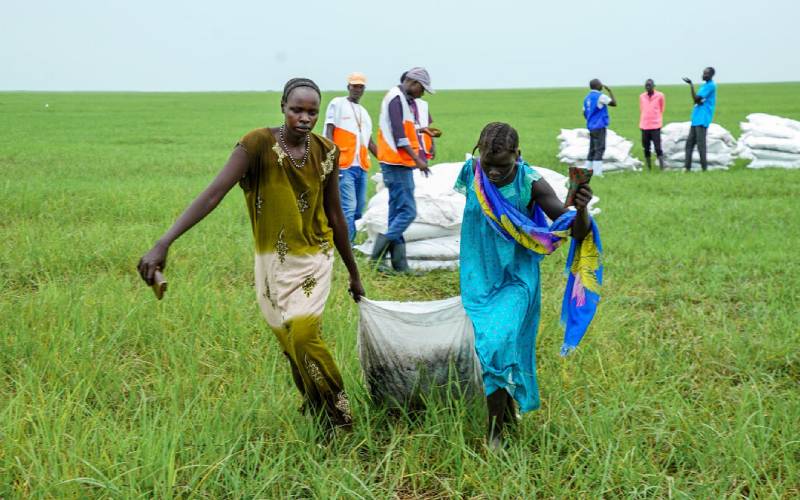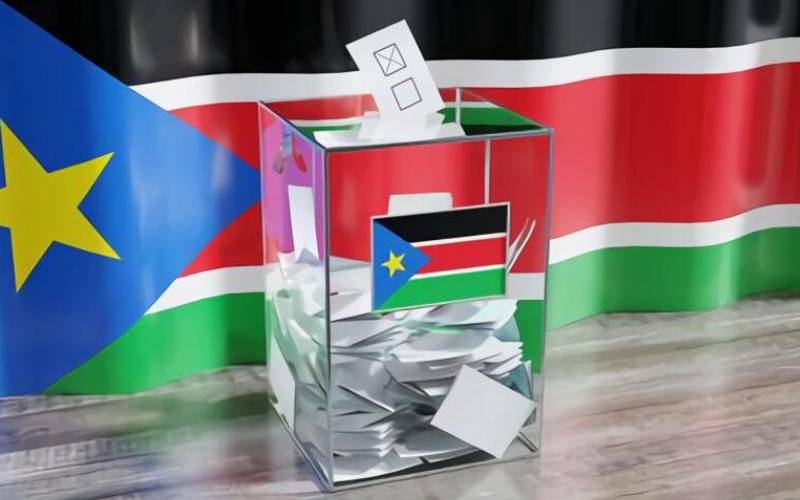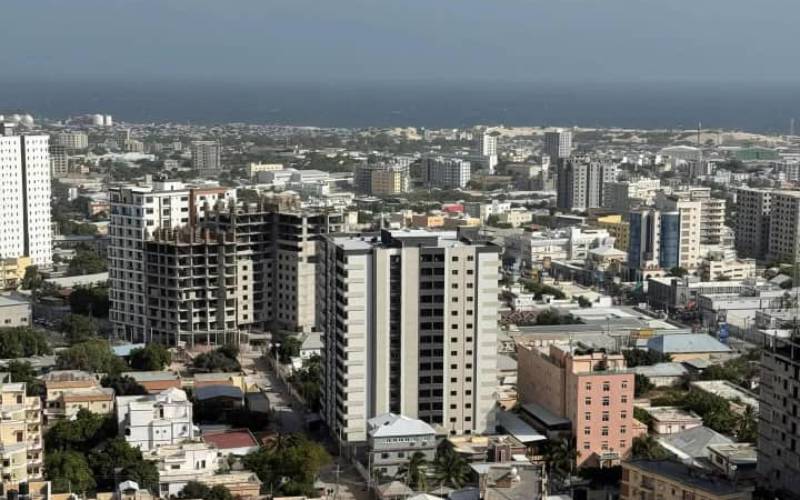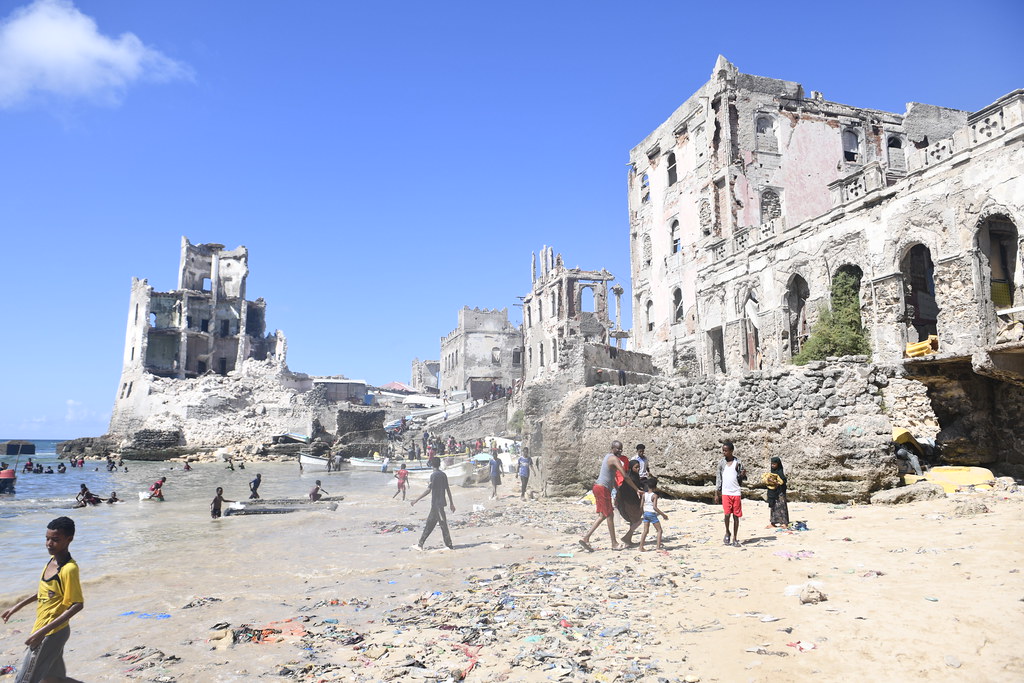By Bryan Toshi Bwana
The digital revolution has transformed the way information is created, consumed, and shared. However, it has also brought with it significant challenges in the form of disinformation, misinformation, and hate speech, which threaten not only Africa but the entire world. The need for effective and broad-based digital literacy has emerged as the top strategic priority for Africa’s media councils, communications regulators, schools, and other key stakeholders. This decision was emphasized at the Pan-African Media Councils Summit, held in Arusha, Tanzania, in July 2025.
The summit, which also hosted the inaugural Annual General Meeting (AGM) of the Network of Independent Media Councils in Africa (NIMCA), stressed that digital literacy is a critical and immediate intervention to address the rapidly evolving challenges of the digital ecosystem. This article focuses on the key outcomes of the summit, particularly the call for a unified and urgent approach to digital media literacy across Africa.
Notably, this year's summit saw the Media Council of Somalia actively involved in discussions, marking a significant step for Somalia's engagement in continental media development and its commitment to fostering a free and pluralistic media environment.
Why Digital Literacy Is a Continental Priority
The rise of social media platforms and digital communication tools has dramatically increased the speed and volume of information dissemination. However, this has also led to a surge in the spread of fake news, manipulated narratives, and harmful content, leaving many African societies vulnerable.
The Impact of Disinformation and Misinformation:
Political Instability: During the 2023 elections in Nigeria, disinformation campaigns spread false claims about candidates, inflaming political tensions and eroding trust in democratic processes.
Public Health Risks: Misinformation about COVID-19 vaccines, particularly on platforms like WhatsApp, contributed to vaccine hesitancy in Africa, where only 15% of the population was vaccinated by mid-2023.
Undermining Journalism: According to Reporters Without Borders, 70% of African journalists faced online harassment linked to disinformation campaigns, threatening journalistic independence and freedom of expression.
The summit recognized that the root cause of many of these challenges lies in low levels of digital media literacy among the public, policymakers, and even journalists. Without the ability to critically evaluate online content, citizens and institutions remain susceptible to manipulation and falsehoods
The Call for Broad-Based Digital Literacy: A Collaborative Approach
Delegates at the Pan-African Media Councils Summit unanimously agreed that combating disinformation, misinformation, and hate speech requires a multi-stakeholder approach. They emphasized that broad-based digital literacy must be a priority intervention for the following groups:
1. National Media Councils
Media councils play a critical role in promoting ethical journalism and combating misinformation. At the summit, delegates called on these councils to:
Develop Training Programs: National media councils should introduce digital literacy training for journalists, equipping them with the skills to identify and counter disinformation.
Fact-Checking Initiatives: Establish partnerships with technology platforms and fact-checking organizations to ensure that accurate information is disseminated to the public.
Community Outreach: Work with local communities to raise awareness about the dangers of misinformation and provide tools for recognizing fake news.
2. Communications Regulators
Communications regulators are uniquely positioned to enforce standards that promote information integrity. The summit urged regulators to:
Hold Technology Platforms Accountable: Regulators must work with tech companies like Facebook, Google, and Twitter to ensure transparency in content moderation and reduce the spread of harmful content.
Promote Public Service Content: Encourage the creation and distribution of accurate, inclusive, and accessible content that serves the public interest.
Support Legislative Reforms: Advocate for policy frameworks that prioritize freedom of expression while addressing disinformation and hate speech.
3. Schools and Educational Institutions
The importance of integrating digital literacy into school curricula was a key decision reached at the summit. Delegates called for:
Curriculum Reform: Governments should update school curricula to include digital literacy as a core subject, teaching students how to critically evaluate online information and recognize reliable sources.
Teacher Training: Train educators to incorporate digital literacy into their teaching practices, ensuring that students are equipped with the tools to navigate the digital landscape safely and responsibly.
Youth Engagement: Launch campaigns targeting young people, who are among the most active users of social media, to promote responsible digital behavior and critical thinking.
Evidence Supporting the Need for Digital Literacy
The urgency of this intervention is supported by global and regional data:
A 2024 World Economic Forum (WEF) report revealed that countries with high levels of media literacy, such as Finland, experience lower levels of disinformation and higher public trust in journalism.
In Africa, according to a UNESCO study, only 18% of internet users possess the critical skills needed to evaluate online content, making them highly vulnerable to manipulation. A 2023 Pew Research Center report found that 64% of global internet users encounter fake news on social media, with Africa’s growing digital audience being disproportionately affected. These statistics underscore the need for immediate and effective interventions in digital literacy.
Key Outcomes of the NIMCA AGM
The Pan-African Media Councils Summit also hosted the inaugural AGM of the Network of Independent Media Councils in Africa (NIMCA), which outlined a roadmap for advancing media regulation and digital literacy across the continent. Key initiatives include:
Leadership Structure:
President: Kennedy Mambwe, Chairperson of the Media Self-Regulation Council of Zambia.
Chairperson: Phathiswa Magopeni, Executive Director of the Press Council of South Africa.
Regional representatives from East, West, and Southern Africa were elected to ensure inclusive governance.
Strategic Programme of Action:
Media Regulation: Strengthen independent media regulation to promote ethical journalism.
Digital Governance: Advocate for a continental approach to digital platform regulation, aligned with UNESCO’s Guidelines for the Governance of Digital Platforms.
Digital Literacy Campaigns:
NIMCA committed to launching continent-wide campaigns to promote digital literacy, focusing on empowering citizens, journalists, and policymakers to combat disinformation.
A Path Forward: Building a Resilient Digital Media Ecosystem
The summit concluded with a united call to action for stakeholders across Africa to prioritize digital literacy as a means to safeguard democracy, promote social cohesion, and protect public trust in information. The following steps were highlighted:
Collaboration: National media councils, regulators, schools, civil society, and tech companies must work together to implement digital literacy programs.
Investment: Governments and international partners should invest in digital literacy initiatives, including teacher training, public awareness campaigns, and innovative tools for fact-checking.
Accountability: Technology platforms must be held accountable for their role in amplifying disinformation and hate speech. Regulatory frameworks should enforce transparency and ethical practices.
Conclusion
The decision reached at the Pan-African Media Councils Summit in Arusha, Tanzania, reflects the urgent need for effective and broad-based digital literacy as a cornerstone of Africa’s media and communication landscape. By working together, national media councils, communications regulators, schools, and other stakeholders can build a resilient media ecosystem that upholds ethical journalism, combats disinformation, and empowers citizens with the skills to navigate the digital world responsibly. The future of Africa’s democratic and social stability depends on it.
Bryan Toshi Bwana is the Founding Trustee of Umoja Conservation Trust
www.umojaconservation.org, and the Technical Team Lead NIMCA
www.nimca.africa
